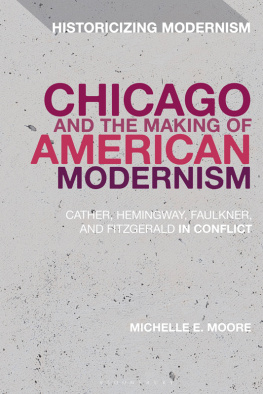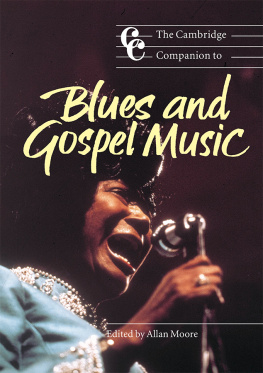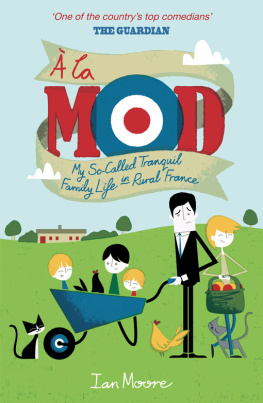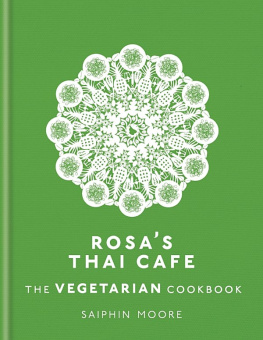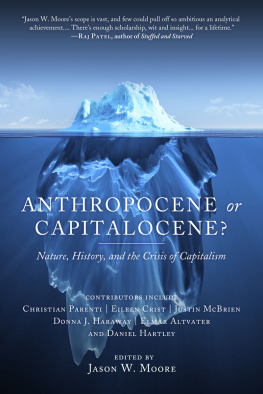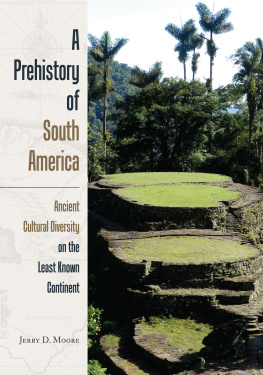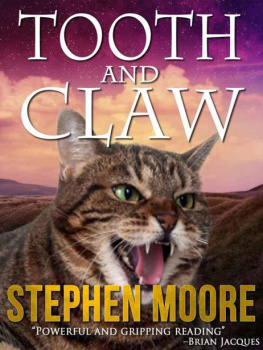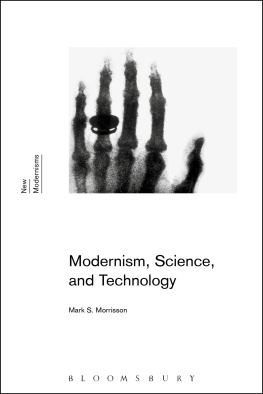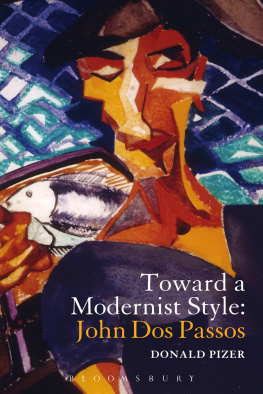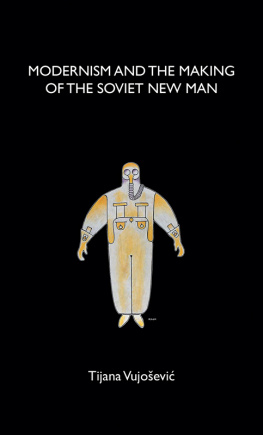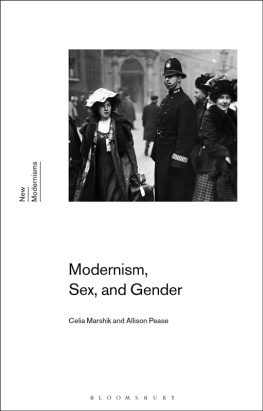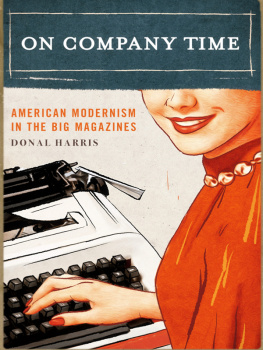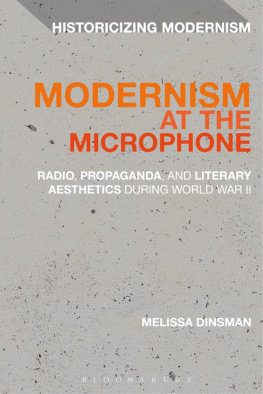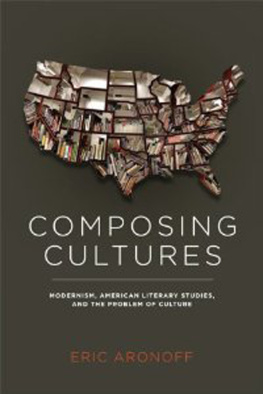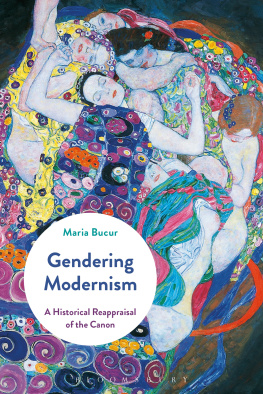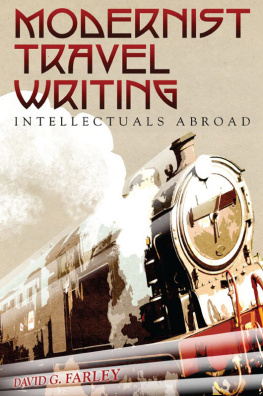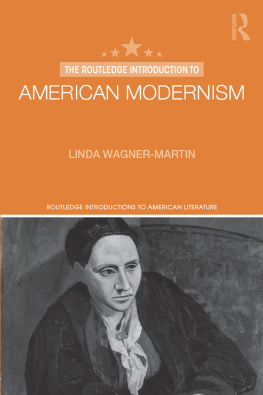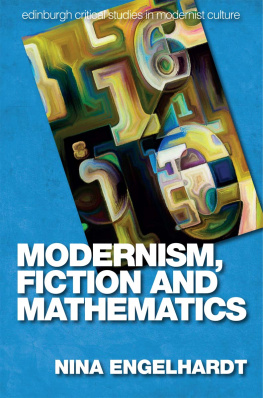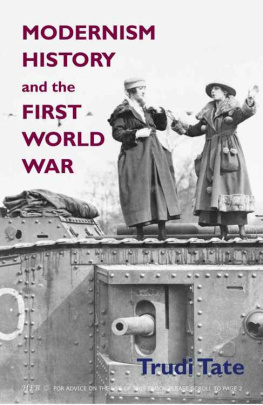Chicago and the Making of
American Modernism
Historicizing Modernism
Series Editors
Matthew Feldman, Professor of Contemporary History, Teesside University, UK; and Erik Tonning, Professor of British Literature and Culture, University of Bergen, Norway
Assistant Editor: David Tucker, Associate Lecturer, Goldsmiths College, University of London, UK
Editorial Board
Professor Chris Ackerley, Department of English, University of Otago, New Zealand; Professor Ron Bush, St. Johns College, University of Oxford, UK; Dr Finn Fordham, Department of English, Royal Holloway, UK; Professor Steven Matthews, Department of English, University of Reading, UK; Dr Mark Nixon, Department of English, University of Reading, UK; Professor Shane Weller, Reader in Comparative Literature, University of Kent, UK; and Professor Janet Wilson, University of Northampton, UK.
Historicizing Modernism challenges traditional literary interpretations by taking an empirical approach to modernist writing: a direct response to new documentary sources made available over the last decade.
Informed by archival research, and working beyond the usual European/American avant-garde 190045 parameters, this series reassesses established readings of modernist writers by developing fresh views of intellectual contexts and working methods.
Series Titles
Arun Kolatkar and Literary Modernism in India, Laetitia Zecchini
British Literature and Classical Music, David Deutsch
Broadcasting in the Modernist Era, Matthew Feldman, Henry Mead and Erik Tonning
Charles Henri Ford, Alexander Howard
Ezra Pounds Adams Cantos, David Ten Eyck
Ezra Pounds Eriugena, Mark Byron
Great War Modernisms and The New Age Magazine, Paul Jackson
James Joyce and Absolute Music, Michelle Witen
James Joyce and Catholicism, Chrissie van Mierlo
John Kasper and Ezra Pound, Alec Marsh
Katherine Mansfield and Literary Modernism, Edited by Janet Wilson, Gerri Kimber and Susan Reid
Late Modernism and the English Intelligencer, Alex Latter
The Life and Work of Thomas MacGreevy, Susan Schreibman
Literary Impressionism, Rebecca Bowler
Modern Manuscripts, Dirk Van Hulle
Modernism at the Microphone, Melissa Dinsman
Modernist Lives, Claire Battershill
The Politics of 1930s British Literature, Natasha Periyan
Reading Mina Loys Autobiographies, Sandeep Parmar
Reframing Yeats, Charles Ivan Armstrong
Samuel Beckett and Arnold Geulincx, David Tucker
Samuel Beckett and the Bible, Iain Bailey
Samuel Beckett and Cinema, Anthony Paraskeva
Samuel Becketts More Pricks than Kicks, John Pilling
Samuel Becketts German Diaries 19361937, Mark Nixon
T. E. Hulme and the Ideological Politics of Early Modernism, Henry Mead
Virginia Woolfs Late Cultural Criticism, Alice Wood
Upcoming Titles
Christian Modernism in an Age of Totalitarianism, Jonas Kurlberg
Samuel Beckett and Experimental Psychology, Joshua Powell
Samuel Beckett and Science, Chris Ackerley
Samuel Becketts German Diaries 19361937, Mark Nixon
Chicago and the Making of
American Modernism
Cather, Hemingway, Faulkner, and
Fitzgerald in Conflict
Michelle E. Moore

I would like to thank David Avital and Clara Herberg at Bloomsbury for their support and work. I would particularly like to thank the series editors, Erik Tonning and Matthew Feldman, for realizing that I was, in fact, historicizing modernism and including this book in their series. I am additionally indebted to the anonymous peer reviewers whose questions strengthened this work immeasurably.
Thank you to Catherine Masters, Kathleen George, and John Masters for granting permission to quote from their grandfather Edgar Lee Masterss letters and Giny Chandler for her permission to quote from her grandmother Ginevra Kings letters. I am grateful to all who donated extensive collections to museums and libraries. Without you, there would be no book.
I am grateful to Kirk Curnutt for taking the time and helping with Hemingway permissions, Ashley Olson at the Cather Foundation for help ascertaining the shifting state of Cather permissions, and Leif Miliken for help with Cather Studies permissions. Thank you to the University of Nebraska Press and the Board of Regents at the University of Nebraska for allowing me to reproduce part of , Willa Cather and Chicago, from Cather Studies, Volume 9: Willa Cather and Modern Cultures, edited by Melissa J. Homestead and Guy J. Reynolds.
I wish to thank Alison Hinderliter, Manuscripts and Archives Librarian in the Roger and Julie Baskes Department of Special Collections at the Newberry Library, for her help years ago for granting me access to the then uncataloged records of the Attic Club and the Cliff Dwellers Club. Thank you to Don C. Skemer, Curator of Manuscripts at the Manuscripts Division and Department of Rare Books and Special Collections, Princeton University Library, for answering all of my many questions about Ginevra King and Fitzgerald. I also wish to thank the Chicago Historical Society for granting me access to the official catalog of the Cliff Dwellers exhibit at the Columbian Exhibition. Thank you to the entire staff at the John F. Kennedy Memorial Library, the Special Collections Research Center at the University of Chicago library, the Department of Special Collections at the Newberry Library, the Department of Rare Books and Special Collections at Princeton University Library, and Special Collections at the University of Wisconsin-Milwaukee.
Thanks are in order to the Cather Foundation and the wonderfully supportive community of Cather scholars, especially John Swift, Ann Romines, Michael Schueth, Melissa Homestead, and Guy Reynolds, for their positive encouragement and suggestions to revise the seed chapter for the book. Thanks, too, for the entire Hemingway Society. You welcomed this work enthusiastically five years ago and your seminars and panels provided enthusiastic support and advice for the chapters on Hemingway, Anderson, and Masters.
My colleagues and friends at the College of Dupage have offered tremendous support through conversation, enthusiasm, distraction, and helping me find the time to write: Karin Evans, Bob Hazard, Jackie McGrath, Bob Dixon-Kohler, Brian Brems, Bob Georgalas, and Tuckie Pillar. Thank you. I am also enormously grateful to Bev Reed, Mark Collins, and Sandra Martins for providing funding for research, encouraging me to pursue publication, and creating schedules that have allowed me to do so.
I wish to thank Veronica Guadalupe for putting me back in alignment every week, and David Riddle for extra energy and grounding.
I must acknowledge Rachel Marks who supports me always in everything I do, especially this project.
I am grateful to my family for understanding what it means to write a book and allowing the space, time, and quiet to do so: Linda Moore, Bill Moore, Jane Palmer, Dolly and Gordon Bentson, Jerry and Sarah Weissburg, Zo Bradford, and Natalie Weissburg.
This book would not be without the love and support of Mark Weissburg. Words cannot begin to express my gratitude for having you in my life.
JFK | John F. Kennedy Presidential Library and Museum. Boston, MA. |
NL | Roger and Julie Baskes Department of Special Collections. Newberry Library. Chicago, IL. |
Next page
